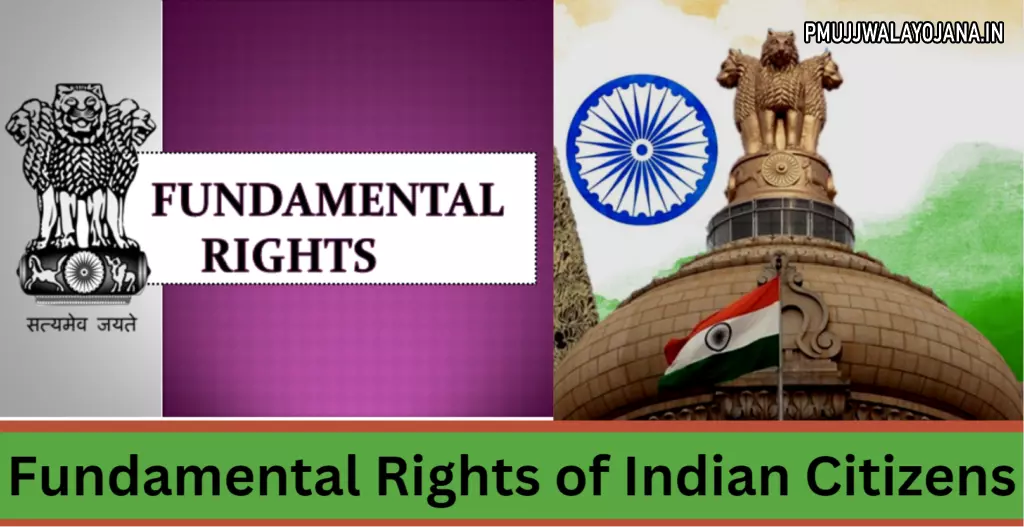Overview of the Fundamental Rights of Indian Citizens
Every Indian citizen has some basic rights called fundamental rights. These rights help you live with dignity and freedom, supporting your personal growth and the progress of the country. These rights are listed in Articles 12 to 35 of Part 3 of the Indian Constitution, which is the longest constitution in the world.
Although there were originally seven fundamental rights, the right to own property was removed in 1978 by the 44th Amendment, leaving six important rights that protect and empower Indian citizens. It’s good for you to know these rights so you can use them whenever you need. Let’s look at these fundamental rights of Indian citizens in 2025.

Six Fundamental Rights of Indian Citizens
The Indian Constitution gives every citizen these six main rights to make sure justice, freedom, and equality are available to all:
- Right to Equality
- Right to Freedom
- Right against Exploitation
- Right to Freedom of Religion
- Cultural and Educational Rights
- Right to Constitutional Remedies
Right to Equality
This right means you are equal before the law. No one should be treated unfairly because of age, gender, caste, religion, language, or social status. Articles 14 to 18 of the Constitution guarantee this equality by:
- Article 14: Equality before the law
- Article 15: No discrimination based on caste, religion, sex, or birthplace
- Article 16: Equal chance in government jobs
- Article 17: Abolition of untouchability
- Article 18: Removal of titles like Rai Bahadur, Maharaja, and others that create inequality
Right to Freedom
This right lets you live without unnecessary interference. Articles 19 to 22 protect these six freedoms:
- Article 19: Freedom of speech and expression, peaceful assembly, forming associations, moving and living anywhere in India, and choosing any job
- Article 20: Protection from punishment without legal process
- Article 21: Protection of life and personal liberty
- Article 21-A: Right to education
- Article 22: Safety against wrongful arrest and detention
Right Against Exploitation
This right protects you from being misused or forced into labour. Articles 23 and 24 say:
- Article 23: No forced labour or human trafficking
- Article 24: No child labour in factories or hazardous places
Right to Freedom of Religion
India has many religions, and you have the freedom to practice any religion. Articles 25 to 28 grant:
- Article 25: Freedom to practice and spread your religion
- Article 26: Manage religious affairs
- Article 27: No tax forced to support religion you don’t follow
- Article 28: Freedom from religious instruction in certain educational institutions
Cultural and Educational Rights
These rights protect the language, culture, and education of minorities.
- Article 29: Protect culture and language of any community
- Article 30: Minorities can set up their own educational institutions
Right to Constitutional Remedies
If your fundamental rights are violated, you can ask the courts to protect them. Articles 32 to 35 give you this power:
- Article 32: Courts can issue writs like habeas corpus (release from unlawful detention), mandamus (order to do duty), quo warranto (challenge authority), prohibition, and certiorari (bring case to higher court)
- Article 33: Some rights can be limited for armed forces and similar groups
- Article 34: Restrictions during martial law
- Article 35: Parliament can make laws about fundamental rights
Knowing your fundamental rights helps you protect yourself and live freely. Always remember, these rights are there to support your development and make India a fair place to live.
Child Adoption Process in India
Pariksha Pe Charcha 2024
Panchakarma Treatment